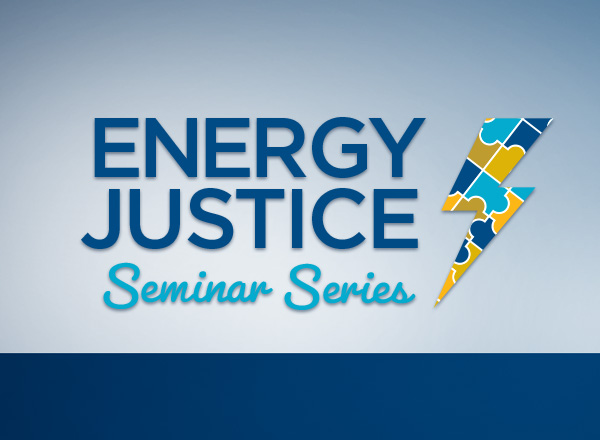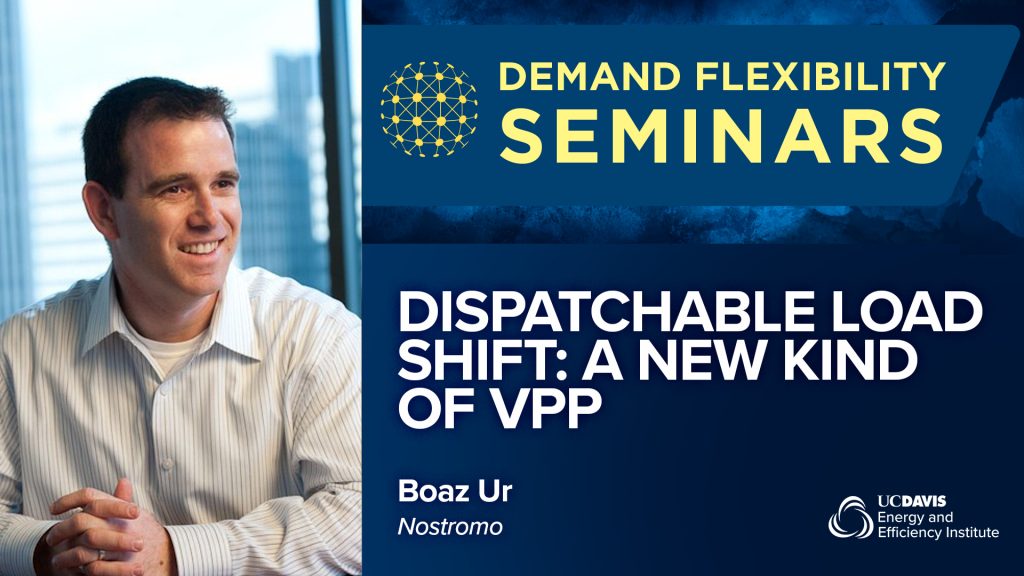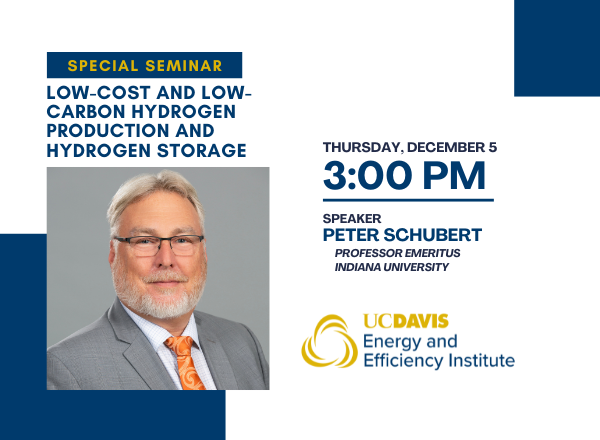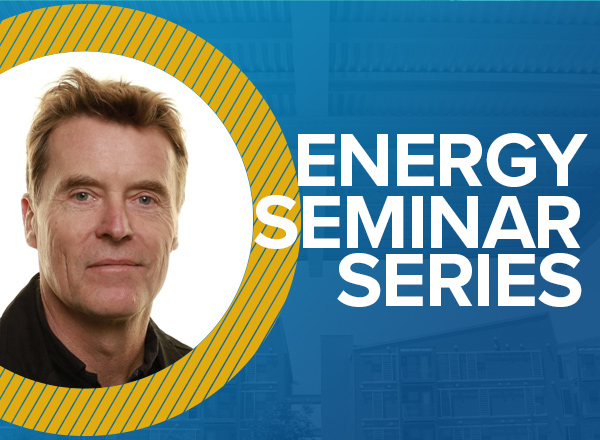Frontline Utility Justice Research Methods: Benefits of a Nonprofit Utility Model to Serve California

Thursday, February 20th, 2025 Shaina Nanavati, Researcher and Organizer Watch Video In the aftermath of PG&E’s bankruptcy filing in 2019, The Golden State Energy Act was passed through the California state legislature and signed by Governor Newsom into law. The legislation created Golden State Energy, a non-profit public benefit corporation, to serve as a receiver […]
The Grand Challenge of Integrating Non-Legal, Radical Theories into EU Law and Its Member States: the Cases of Energy Justice, Energy Sufficiency and Degrowth

Thursday, February 13th, 2025 Romain Mauger, Head of Legal Research Unit, Iberian Centre for Research in Energy Storage (CIIAE), Spain Watch Video Six of the nine identified planetary boundaries have already been crossed and a seventh (ocean acidification) is close to it. To face this multi-faceted threat, humankind must resort to radical changes. Yet, to […]
Demand Flexibility Seminar Series: A New Kind of VPP – Dispatchable Load Shift

Tuesday, February 11th, 2025 | 2:00 – 3:00 pm Boaz Ur, Chief Business Development Officer, Nostromo Watch Video Location: 1605 Tilia Street, Suite 100, Davis, CA Boaz Ur is Chief Business Development Officer at Nostromo Energy. Prior to Nostromo, Boaz founded HARBO Technologies, which developed a product that revolutionized Oil Spill Response. After earning his […]
Environmental Justice Agenda for the Electronics Revolution

Thursday, February 6th, 2025 Oladele (Dele) Ogunseitan, Distinguished Professor, UC Irvine Watch Video The benefits of consumer electronic products have transformed every societal sector worldwide. Investments in research and development in the electronic industry is now fueling solutions to climate change through transformation of energy systems to renewable sources which will require deployment of storage […]
California’s Increasing Energy Bills – Causes, Cures and Climate Consequences

Thursday, January 30th, 2025 California’s Increasing Energy Bills – Causes, Cures and Climate Consequences Loretta Lynch, Former President, California Public Utilities Commission What are the causes of California’s high private utility bills? Exploring the elephant in the room – CAISO’s transmission & procurement costs spiral out of control – while it promotes its pathway to […]
Empowering Energy Equity: Advancing Social Justice and Diversity in Tribal Energy Development

Thursday, January 23rd, 2025 Linnea Jackson, General Manager, Hoopa Valley Tribe Public Utilities District Watch Video Linnea Jackson shares the inspiring journey of our tribal microgrid and energy development initiatives. This presentation will explore how the Hoopa Valley Tribe plans to harness innovative energy solutions to create a resilient, sustainable, and culturally grounded energy system. From […]
Energy Injustice and How We Got Here

Thursday, January 16th, 2025 Natalie Espinoza, Program Manager, The Energy Coalition Mayra Sánchez Barba, Research Program and Policy Manager, UC Davis Feminist Research Institute Watch Video Natalie Espinoza leads community outreach and engagement initiatives for The Energy Coalition (TEC) and facilitates their Environmental Justice Advisory Committee. With over a decade of experience in energy-efficiency program […]
The Global Energy Transition’s Impact on the Global South

Thursday, January 9th, 2025 Benjamin K. Sovacool, Professor of Earth and Environment, Boston University Maurice Carney, Executive Director, Friends of the Congo Watch Video Dr. Benjamin K. Sovacool is Professor of Earth and Environment at Boston University in the United States, where he is the Founding Director of the Institute for Global Sustainability. He is […]
Special Seminar: Low-Cost and Low-Carbon Hydrogen Production and Hydrogen Storage

Thursday, December 5th, 2024 | 3:00 – 4:00 pm Peter Schubert, Professor Emeritus, Indiana University Location: 1605 Tilia Street, Suite 100, Davis, CA Watch Video Green hydrogen is elusive. Hydrogen storage is difficult. At this talk we introduce innovative solutions to both. Starting with non-food agricultural residues, we can produce hydrogen at 0.83 USD/kg […]
Power in the Road as a Financing Mechanism for CO2 Drawdown via Mineralization

Friday, November 22th, 2024 | 10:30 am – 11:50 am Peter Bell, Strategic Business Planner, SMUD Location: 1605 Tilia Street, Suite 100, Davis, CA Watch Video The transition to electric transportation presents a dual opportunity: reducing transportation costs and utilizing the increased electricity revenues to finance large-scale CO2 removal via mineralization. Air-to-liquid mineralization has the […]

